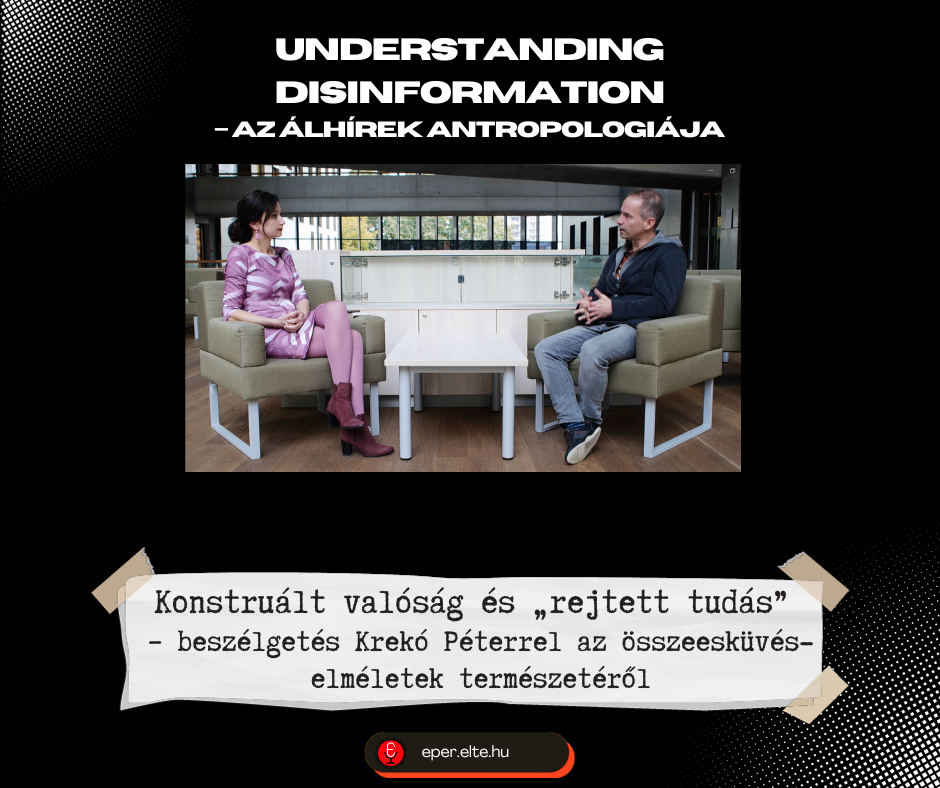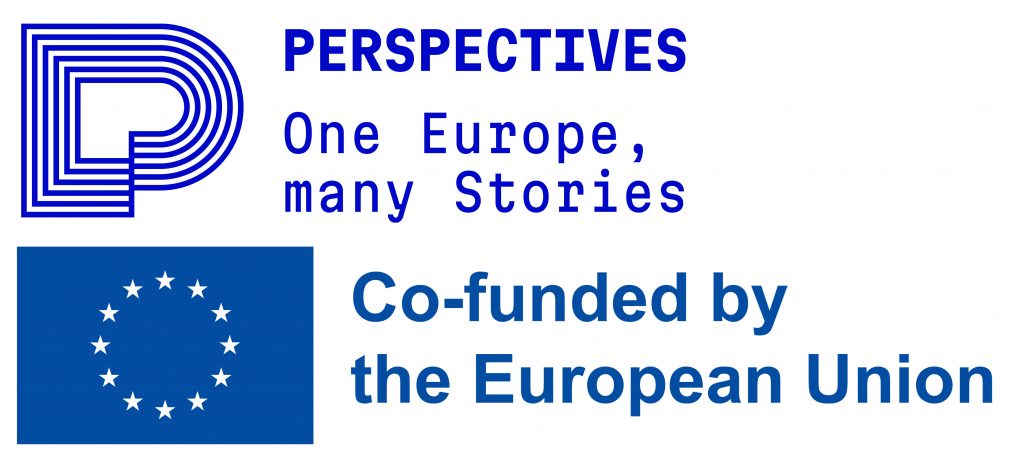
Videó: Konstruált valóság és „rejtett tudás” – Beszélgetés Krekó Péterrel az összeesküvés-elméletek természetéről.
Mik is pontosan az összeesküvés-elméletek? Miért népszerűek? Lehet-e ártalmatlan egy összeesküvés-elmélet? A félelem vagy a manipuláció hívja őket életre? Hogyan tipologizálhatók? Milyen viszonyban vannak a globális és a lokális narratívák? Krekó Péter szociálpszichológus segítségével többek között ezekre a kérdésekre keressük a választ. A témát körbejárjuk az emberi gondolkodás pszichológiai struktúrája, a dezinformáció jellemző retorikája, a különféle narratívák identitás- és közösségformáló szerepe, a jelenség folklór párhuzamai és politikai vonatkozásai felől is, térben és időben is széles keresztmetszetben elhelyezve a témát.
*
Understanding Disinformation – #04 Constructed reality and “hidden knowledge”. A conversation with Péter Krekó about the nature of conspiracy theories.
What exactly are conspiracy theories? Why are they popular? Can a conspiracy theory be harmless? Are they created by fear or manipulation? How can they be typologised? What is the relationship between global and local narratives? With the help of social psychologist Péter Krekó, we seek answers to these questions, among others. This topic will be explored through the perspective of the psychological structure of human thoughts, the typical rhetoric of disinformation, the identity- and community-shaping role of different narratives, the folkloric parallels of the phenomenon and its political implications, placing the topic in a broad cross-section of space and time.
A beszélgetés podcast formájában is meghallgatható: itt
A tartalom a DISARMING DISINFORMATION és a PERSPECTIVES projektek támogatásával készült.
This content was produced with the support of the Disarming Disinformation and PERSPECTIVES projects.
This article was published as part of PERSPECTIVES – the new label for independent, constructive and multi-perspective journalism. PERSPECTIVES is co-financed by the EU and implemented by a transnational editorial network from Central-Eastern Europe under the leadership of Goethe-Institut. Find out more about PERSPECTIVES: goethe.de/perspectives_eu.
Co-funded by the European Union. Views and opinions expressed are, however, those of the author(s) only and do not necessarily reflect those of the European Union or the European Commission. Neither the European Union nor the granting authority can be held responsible.
A PERSPECTIVES projektben, nemzetközi partnereink által készített tartalmakat itt találjátok.

